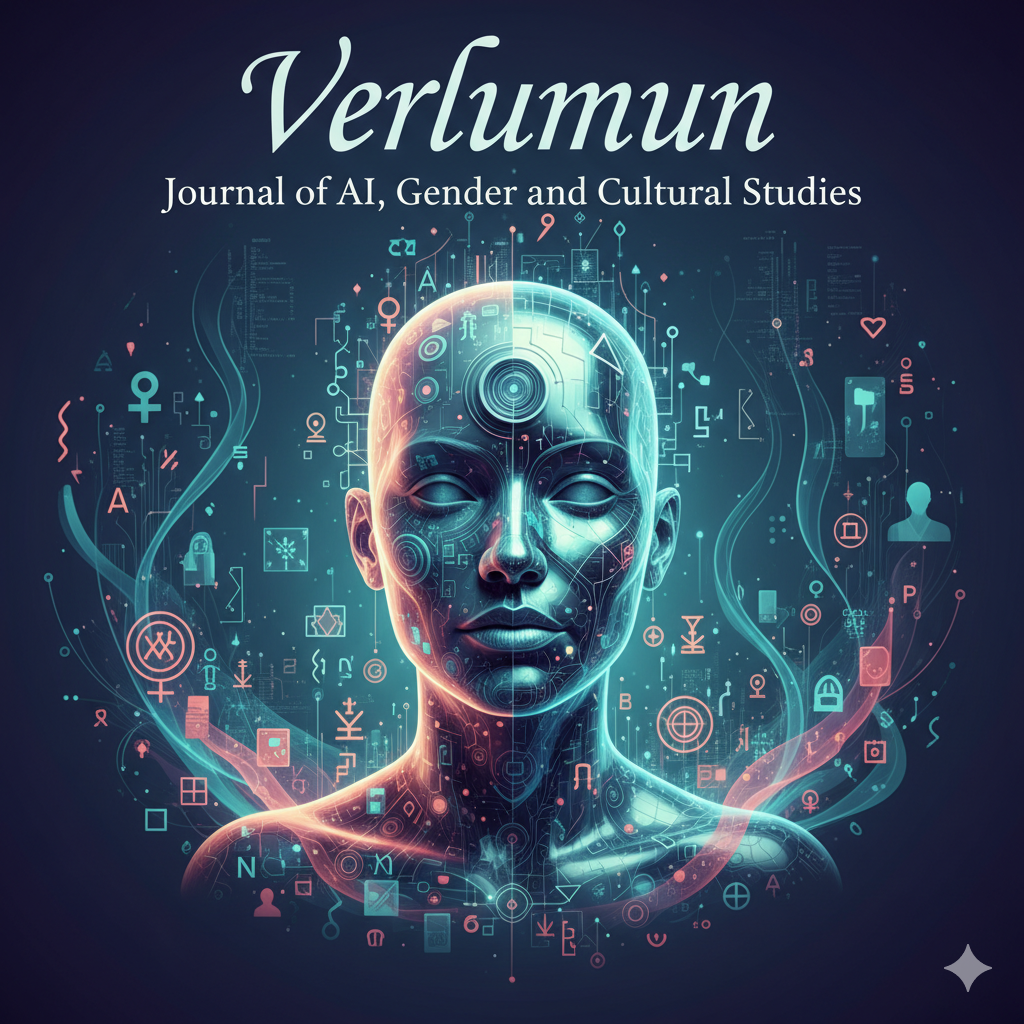The Politics of Parody: A Cultural and Gendered Analysis of Social Media Skits on Irregular Migration in South Africa
Keywords:
social media skits, digital culture, gender, Cultural narratives, irregular migration, Theory of Planned Behaviour, South AfricaAbstract
Background: The rise of digital platforms has transformed public discourse, establishing social media skits as viral forms of government-aligned advocacy in South Africa. Despite their algorithmic reach and cultural influence, critical investigation into the gendered and cultural politics embedded within these digital narratives concerning irregular migration remains underdeveloped.
Objective: This study utilised an integrated framework combining the Theory of Planned Behaviour (TPB) with Narrative Persuasion Theory to critically analyse the cultural narratives, persuasive mechanisms, and gendered portrayals within anti-migration skits, and to examine their impact on the migration intentions of a South African sample.
Methodology: A quantitative survey (N=455) to examine participants who were social media users. The study measured impact using the AIUCA (awareness, interest, understanding, conviction and action) persuasion model and TPB constructs (Attitude, Subjective Norms, PBC). Statistical analysis, including moderated regression, was used to test how gender and TPB variables filter the persuasive effect.
Result: While skits successfully generated awareness across the sample, deep conviction failed for decided migrants. The study found that the influence of the skits was powerfully moderated by all three TPB constructs (H4-H6) and was significantly dependent on gender (H3). For decided migrants, the skits did not deter migration; instead, they drove adaptive action—specifically, making efforts to migrate legally and avoiding dangerous routes.
Conclusion: Social media skits serve as a powerful, culturally saturated medium for digital policy advocacy; however, their efficacy is contingent upon pre-existing psychological and cultural factors. The findings suggest that this digital advocacy does not stop migration; rather, it promotes safer, professionalised migration by filtering the message through gendered social norms.
Downloads
Published
Issue
Section
License
Copyright (c) 2025 Daniel Gbadebo Adedeji (Author)

This work is licensed under a Creative Commons Attribution-NonCommercial 4.0 International License.

